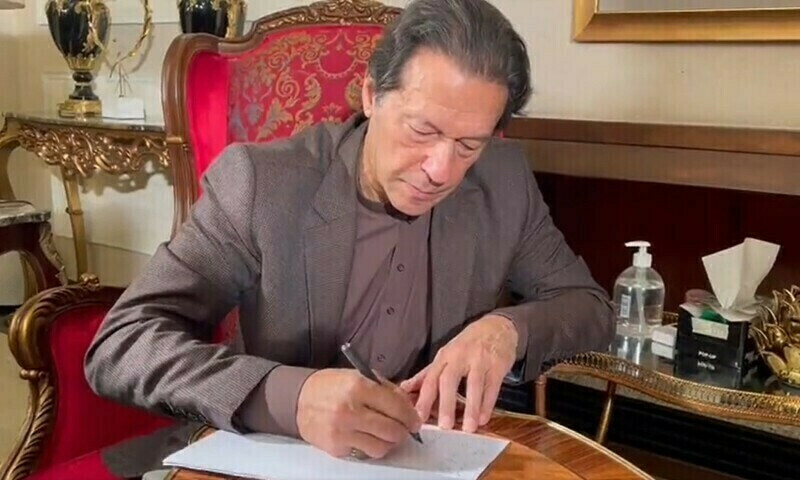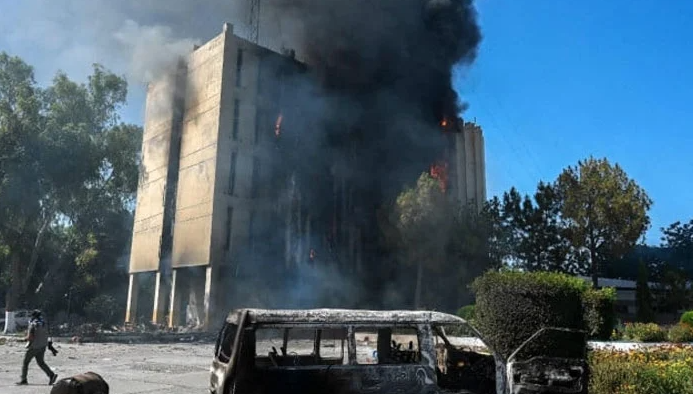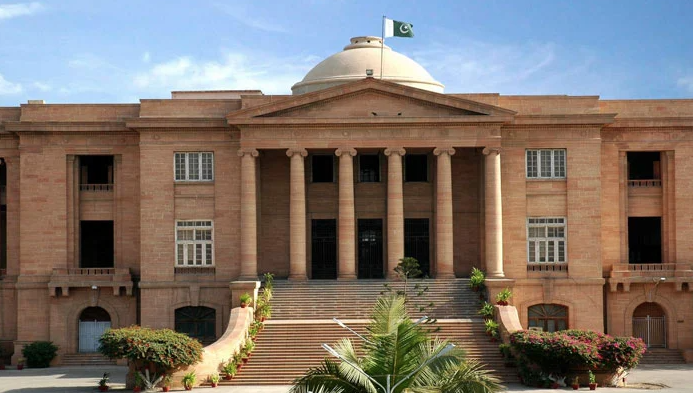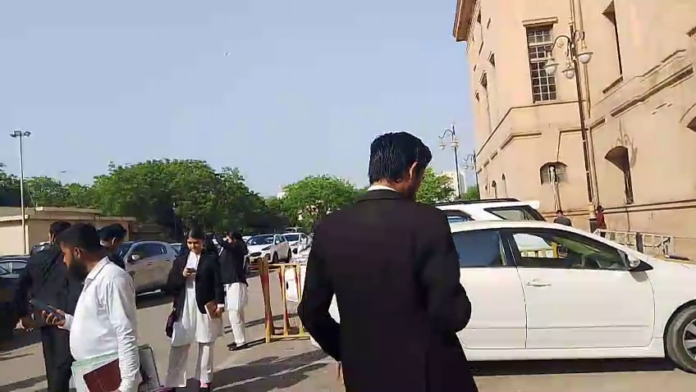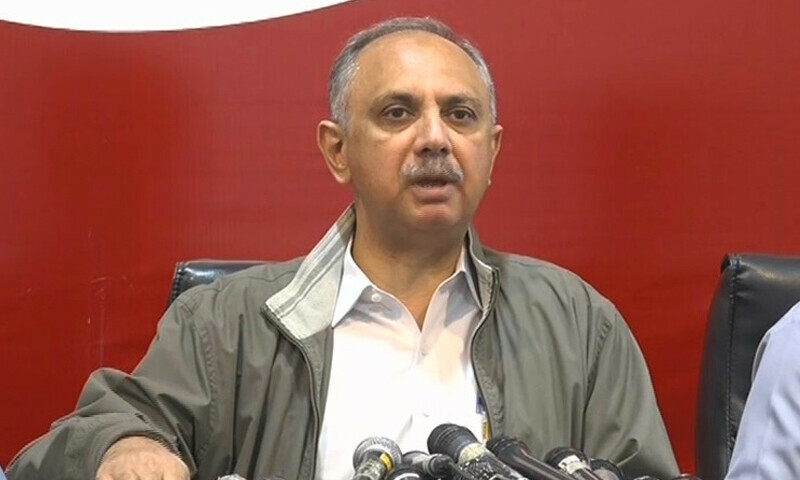LEGAL
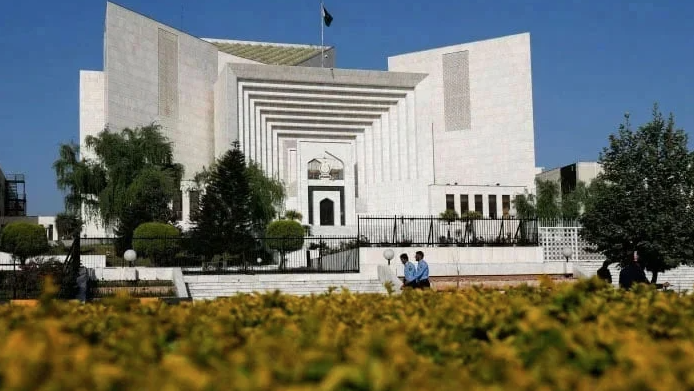
The Supreme Court's constitutional bench, led by Justice Aminuddin, resumed hearing intra-court appeals against the trial of civilians in military courts. The proceedings highlighted critical issues, including the applicability of the Army Act and the legality of military trials for civilians involved in the May 9 riots.
Defense Ministry lawyer Khawaja Haris argued that the Army Act and its rules ensure a fair trial process. However, he stated that he does not agree with any military trial decisions. Justice Jamal Mandokhel questioned whether military trials were necessary without the 21st Constitutional Amendment, which Haris attributed to legislation addressing specific crimes and individuals.
Key Judicial Observations
Justice Muhammad Ali Mazhar emphasized that crimes listed under the law should dictate trial jurisdiction, stating, "If the crime fits into the Army Act, the trial will occur in a military court." Justice Mandokhel raised concerns about the exclusion of Parliament and the Supreme Court from military trials, questioning if such attacks were considered lesser offenses.
Justice Azhar Hassan Rizvi cited the unprecedented nature of the May 9 incidents, pointing to coordinated attacks on military installations, including the Corps Commander’s residence in Lahore and the Radio Pakistan building in Peshawar. "This is the first time such simultaneous attacks have occurred in multiple cities," he remarked, underscoring the gravity of the crimes.
Legal Debate
The bench also explored whether provisions of the Army Act were adequately reviewed, with Justice Yahya Afridi’s opinion suggesting the Federation was not fully heard. Khawaja Haris highlighted that the focus was initially directed toward the May 9 incidents rather than the broader provisions of the Army Act.
Justice Musarrat Hilali shared her personal experience of the events, noting the chaos and fear instilled in society during the riots. She raised questions about the trials of civil crimes unrelated to military courts, such as theft and property damage.
Further Proceedings
The constitutional bench adjourned the hearing until Monday, promising an extended session to address all pending concerns. Justice Naeem Akhtar Afghan assured a comprehensive focus, while Justice Musarrat Hilali urged Khawaja Haris to expedite his arguments.
The case continues to be a pivotal examination of military jurisdiction in civilian matters, raising broader questions about justice, constitutional rights, and the balance of power in Pakistan's legal system.
